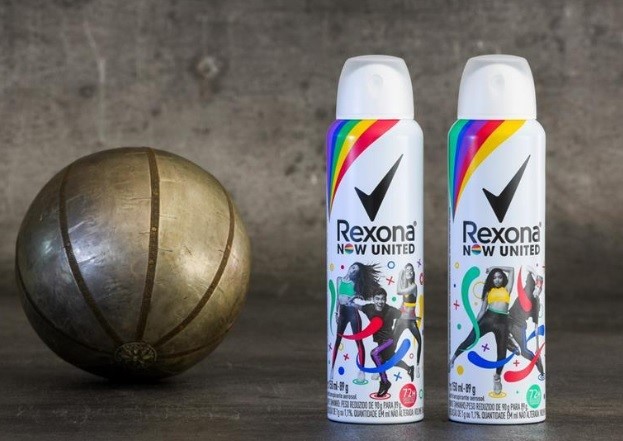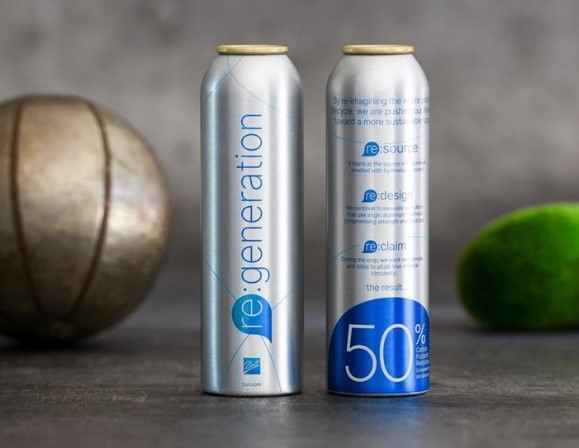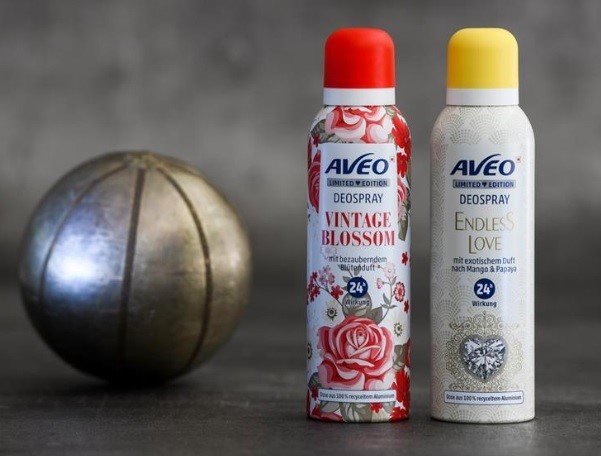

The much-awaited winner list of the World Aluminium Aerosol Can Award 2022 is finally revealed by The International Organisation of Aluminium Aerosol Container Manufacturers (AEROBAL), with lightweight and recyclable aluminium solutions recognised across categories.

In the category “aluminium cans already under the market”, the committee chose a can made by Trivium Packaging Argentina for Rexona as the winner. Experts from nine international packaging and aerosol industry journals chose the 2022 World Aluminium Aerosol Can Award winners. The goal of the competition is to highlight the most significant and inventive aluminium aerosol cans on the planet.
Rexona, a product of Unilever, is a partner of the international pop group Now United; the visuals of the aerosol can reportedly display vibrant, lively colours and represent the group's principles, such as the assurance to move with the deodorant's protection. Also, the aluminium packaging used by the company consisted of recycled materials, making it lightweight and helping to minimise the use of aluminium while improving the effectiveness of the supply chain.
The design element incorporated by Rexona was uniquely tricky and required manual labour to guarantee that the band members' faces were printed with the best quality while keeping Rexona's brand positioning, group acceptance, and technological viability.

Ball Aerosol Packaging was chosen by the jury as the Prototype category winner. Ball's re:gen aerosol can, according to AEROBAL, has a 50 per cent lower carbon footprint and is 30 per cent lighter than typical aluminium aerosol cans without sacrificing strength, structure, or package integrity. ReAl is said to have 50 per cent recycled material and primary aluminium that is low in carbon that is supplied from renewable energy sources like hydroelectric power.

The AVEO aluminium aerosol can made by German can producer Linhardt was chosen as the winner in the Sustainability category. Aerosol cans from Linhardt are entirely recyclable, according to AEROBAL, who also notes that recycling aluminium uses just approximately 5 per cent of the energy required to produce primary aluminium.
“It is excellent to see that AEROBAL members have convincing answers to customers’ demands for increased sustainability, compelling designs and more interactivity between packaging and consumers thanks to cutting-edge production technology. The innovative spirit of AEROBAL members allows them and their customers to stay ahead of the pack when it comes to the development of innovative, resource efficient, consumer-friendly and eye-catching packaging. All this makes me confident of a bright future for aluminium aerosols,” said Gregor Spengler, secretary general of AEROBAL.



Responses






